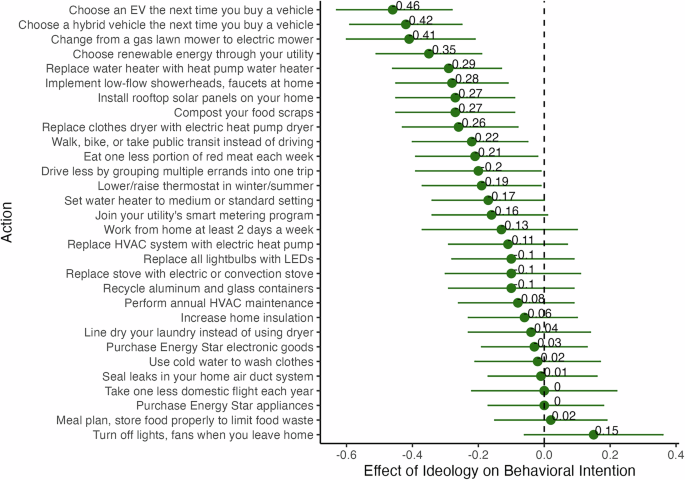This Is Why Your Breath Stinks Like Crazy!!
We’ve all been there: you’re chatting with someone, and suddenly you catch a whiff of something unpleasant. Worse yet, you realize it’s coming from your own mouth. Bad breath, or halitosis, is more than just a social faux pas — it can signal underlying health issues. Let’s dive into why your breath might smell and how you can tackle it effectively.
Your mouth is a bustling metropolis of bacteria. While most are harmless, some produce sulfur compounds when they break down food particles, leading to that dreaded bad breath. Regular brushing, flossing, and using an antibacterial mouthwash are essential oral hygiene tips to keep these bacteria in check.
Saliva is your mouth’s natural cleanser, washing away food particles and bacteria. When your mouth is dry, these particles linger, causing bad breath. Dry mouth can result from dehydration, certain medications, or medical conditions. Stay hydrated and consider chewing sugar-free gum to stimulate saliva production.
Foods like garlic and onions are notorious for causing bad breath. Their compounds are absorbed into your bloodstream and expelled through your breath. While avoiding these foods entirely isn’t always practical, maintaining good oral hygiene and eating fresh, crunchy fruits and vegetables can help.











